Rat-Cha vs. Jindo: Breed Differences and Similarities
Hypoallergenic
Are Rat-Chas or Jindos hypoallergenic, or neither?
Unfortunately, neither Rat-Cha nor Jindo are hypoallergenic, which may not make them the best choice for dog lovers who suffer from pet allergies.
Watchdog Ability
Which dog breed makes a better watchdog, the Rat-Cha or Jindo?
Rat-Chas are decent watchdogs - they'll alert their owner if something seems amiss.
Jindos make excellent watchdogs - they're vocal and protective of their territory.
Origin
What is the origin of Rat-Cha and Jindo dog breeds?
United States
South Korea
Ancestry
What are the origins of Rat-Cha and Jindo breeds?
Chihuahua, Rat Terrier
Spitz-type
Date of Birth
When were Rat-Cha and Jindo breeds first developed?
Unknown
Eye Color Possibilites
What are the eye colors of Rat-Cha and Jindo dogs?
Brown
Brown
Nose Color Possibilites
What are the natural nose colors of Rat-Cha and Jindo?
Black
Black
Coat Color Possibilites
What are the natural colors of the coat for Rat-Cha and Jindo breeds?
Brown
Red
Fawn
Sable
Gray
Black
White
White
Brindle
Red
Gray
Black
Coat Length
What is the typical coat length for Rat-Cha and Jindo breeds?
The coat of Rat-Cha and Jindo dogs ranges in length from short to medium.
Coat Density
What is the density of the coat of Rat-Cha and Jindo?
Coat Texture
What is the hair texture of Rat-Cha and Jindo?
Straight
Litter Size
What is the usual litter size for Rat-Cha and Jindo?
A Rat-Cha can have a litter of 5-7 puppies on average. However, it's worth noting that the size of the litters can vary greatly. Factors that can influence litter size include the health of the mother, breeding history, and genetics.
A Jindo can have a litter of 12-15 puppies on average. However, it's worth noting that the size of the litters can vary greatly. Factors that can influence litter size include the health of the mother, breeding history, and genetics.
Major Concerns
What are the major health concerns for Rat-Cha and Jindo breeds?
Hip Dysplasia
Hydrocephalus
Patent Ductus Arteriosis (PDA)
Collapsed Trachea
Atopy
Hypothyroidism
Minor Concerns
What minor health issues should be kept in mind when owning Rat-Cha and Jindo?
Patellar Luxation
Cataracts
Glaucoma
Dental Disease
Alopecia
Legg-Calve Perthes Disease
Progressive Retinal Atrophy (PRA)
Hip Dysplasia
Occasional Tests
What occasional tests are recommended for Rat-Cha and Jindo breeds?
X-Rays
Eye Examination
Skin Evaluation
Radiographs
Full Physical Examination
Blood Sugar and Thyroid Tests
Hip X-Rays
Thyroid Tests
Energy
How do the energy levels of Rat-Chas and Jindos compare?
Rat-Chas are suitable for those with a balanced lifestyle as they have an average energy level.
Jindos' high energy levels make them unsuitable for a low-key dog, choose accordingly.
Exercise Needed
Rat-Cha vs Jindo exercise need comparison.
The Rat-Cha and Jindo breeds need significant physical activity to maintain a healthy lifestyle. They are well-suited for those who lead an active lifestyle and enjoy activities such as running, hiking, or other outdoor pursuits.
Tendency to Bark
Do Rat-Chas or Jindos bark more/less frequently?
The Rat-Cha is a vocal breed that frequently barks and howls, and may not be suitable for those seeking a quiet companion.
Jindos are typically quiet and only bark when needed, such as to alert their owner or when in distress.
Past times
What are some enjoyable activities and ways to keep Rat-Cha and Jindo entertained?
Chase, Playing fetch, Slapboxing, Fetch, Cuddling, Walk, Snuggling, Sleeping, Walking, Belly rubs, Tug-of-war, Groom, Cuddle, Play, Nap, Playdate, Sit, Cuddles, Eating Snacks, Lazer light, Naps, Run, Catch treats, Play keep away, Nose work, Tracking, Hide & Seek, Off-leash, Brushing, Taking walks
Walking, Sniffing, Dog Parks, Hiking, Road, Walk, Run
Activity Level
Which breed has higher energy, Rat-Chas or Jindos?
Both Rat-Cha and Jindo are medium-energy dogs that enjoy socializing and playing with other dogs. They may engage in casual or sustained games of chase, and occasionally have bursts of barking or racing around the house.
Walks per Week
How many miles should Rat-Cha or Jindo walk each week?
There's really no limit to how far you walk your dog as long as they're comfortable. For Rat-Cha, it's at least 6 miles / week. Just remember to build distance and stamina gradually over time.
There's really no limit to how far you walk your dog as long as they're comfortable. For Jindo, it's at least 9 miles / week. Just remember to build distance and stamina gradually over time.
Activity per Day
Do Rat-Chas or Jindos require more exercise?
In general most Rat-Chas usually need at least 30 minutes of exercise daily. This can be spread across the day and include all sorts of high-energy activities, like walking, running and playing.
In general most Jindos usually need at least 45 minutes of exercise daily. This can be spread across the day and include all sorts of high-energy activities, like walking, running and playing.
Grooming
Which breed is easier to maintain in terms of grooming, Rat-Chas or Jindos?
The Rat-Cha is a low-maintenance breed that doesn't require much grooming.
The Jindo requires an average amount of grooming compared to other breeds.
Brushing Frequency
What is the recommended brushing frequency for Rat-Cha and Jindo dogs?
Rat-Cha and Jindo should be brushed at least once a week. Of course, you can give them more frequent brushes if you find that they are still shedding a lot.
Brushing Tools
What brushing tools are used for Rat-Chas and Jindos?
Pin Brush
Nail Clipper
Pin Brush
Comb
Deshedder
Nail Clipper
Cups
How much food should be given to Rat-Cha or Jindo in cups?
For an average 10-15 pound (5 - 7 kg) Rat-Cha feed 1 cups daily. But, keep in mind, the amount you feed is going to be dependent on the quality of the food you are feeding.
For an average 40-51 pound (18 - 23 kg) Jindo feed 2.3 cups daily. But, keep in mind, the amount you feed is going to be dependent on the quality of the food you are feeding.
Daily Cost
Which breed has a higher daily cost, Rat-Cha or Jindo?
The average cost of a Rat-Cha is somewhere $1.10 - $1.40 per day.
The average cost of a Jindo is somewhere $1.70 - $2.00 per day.
Monthly Cost
Which breed has a higher monthly cost, Rat-Cha or Jindo?
The average per month expenses of a Rat-Cha is between $28 - $42. This makes an average of $336 - $504 per year. It will be on the higher side when the dog is still small because it will need more frequent visits to the vet, shots.
The average per month expenses of a Jindo is between $48 - $63. This makes an average of $576 - $756 per year. It will be on the higher side when the dog is still small because it will need more frequent visits to the vet, shots.
Intelligence
Comparing Intelligence: Rat-Chas vs Jindos
Rat-Cha is an independent and stubborn breed with low obedience intelligence, making training a test of patience.
Jindo is highly intelligent and very trainable.
Affection Dependance
Which is the more affectionate dog breed: Rat-Cha vs Jindo?
Dog Friendly
Which breed is more sociable with other dogs: Rat-Cha or Jindo?
Rat-Chas and Jindos are friendly, active and loyal companions. They generally love to be around other dogs, making them a good family pet for some.
Playfulness
Which breed is more playful between Rat-Cha and Jindo?
Rat-Chas have an average level of playfulness, enjoying playtime like most dogs but not excessively so.
Jindos are a playful breed that needs daily playtime to be happy.
Trainability
How do the trainability levels of Rat-Chas and Jindos compare?
Rat-Cha and Jindo dogs are usually easy to train, but may require consistency to fully obey commands.
Compare Rat-Cha with other breeds

German Hund Pointer
Rat-Cha vs German Hund Pointer
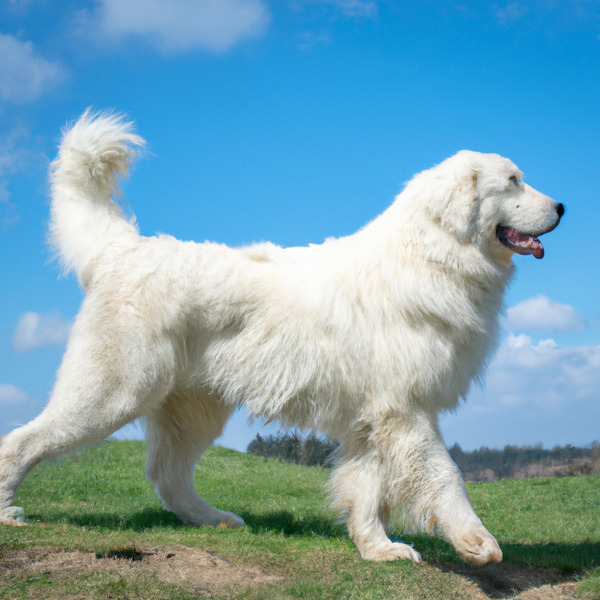
Polish Tatra Sheepdog
Rat-Cha vs Polish Tatra Sheepdog

Bernese Cattle Dog
Rat-Cha vs Bernese Cattle Dog
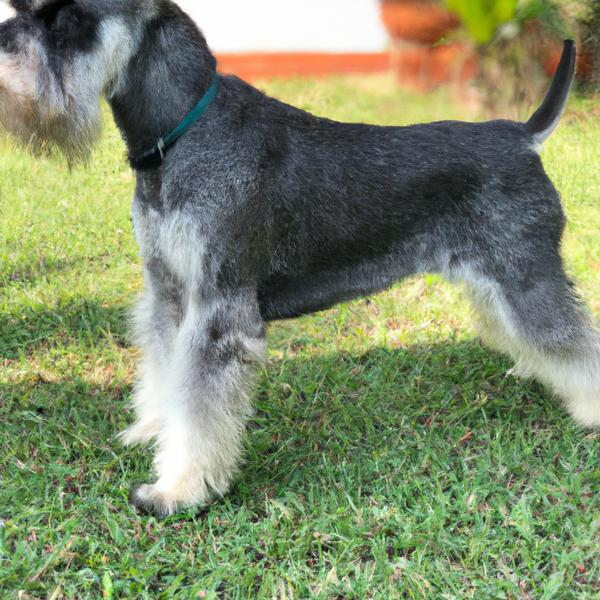
Standard Schnauzer
Rat-Cha vs Standard Schnauzer

Wowauzer
Rat-Cha vs Wowauzer
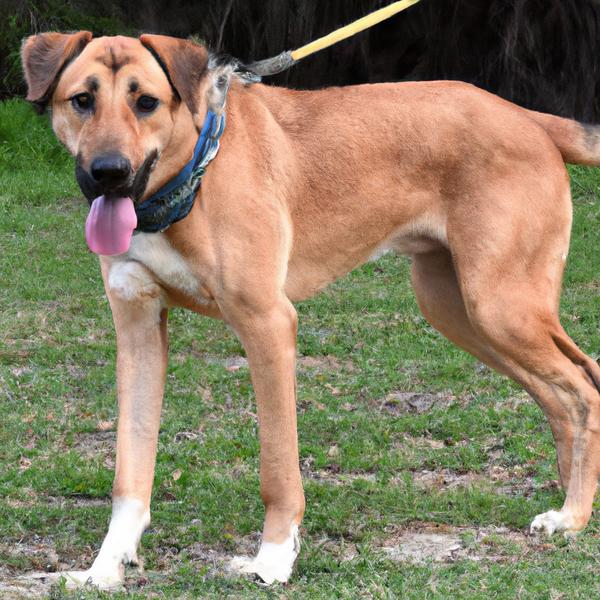
Siberian Black Mouth Cur
Rat-Cha vs Siberian Black Mouth Cur

Poo-Shi
Rat-Cha vs Poo-Shi
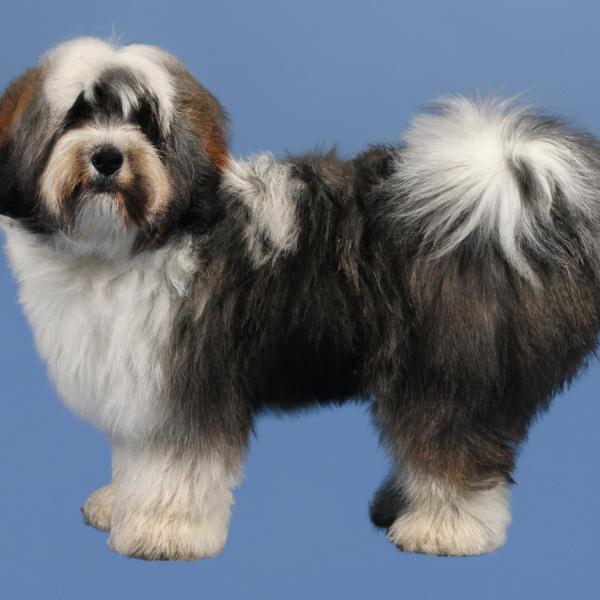
Fo-Chon
Rat-Cha vs Fo-Chon

English King
Rat-Cha vs English King
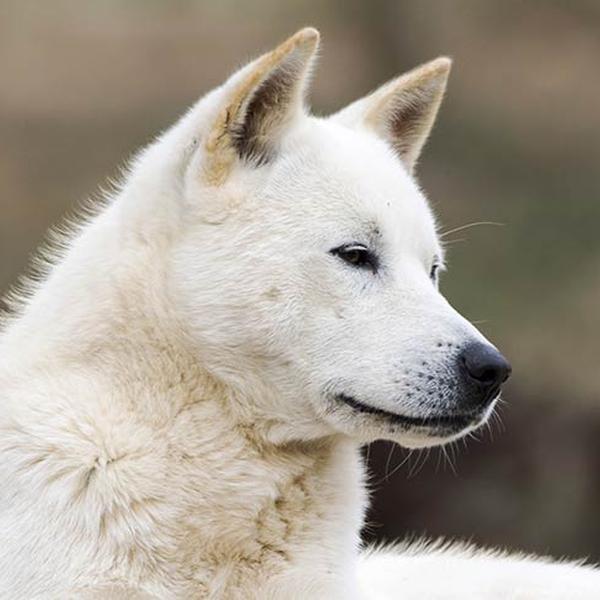
Jindo
Rat-Cha vs Jindo
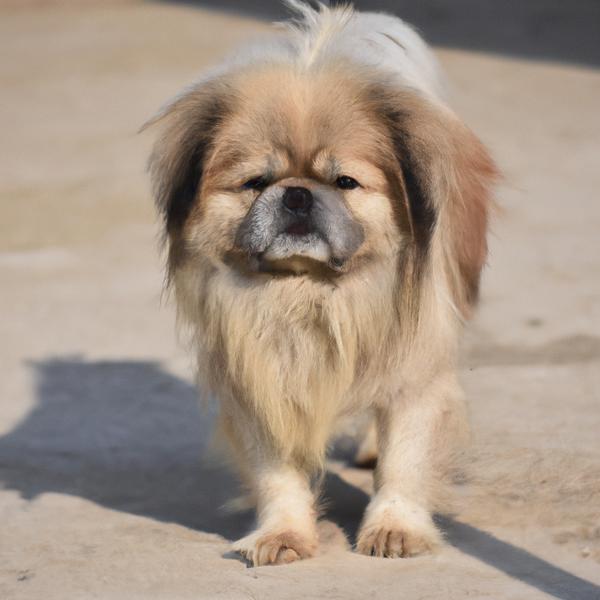
Chinaranian
Rat-Cha vs Chinaranian

Miniature American Shepherd
Rat-Cha vs Miniature American Shepherd
